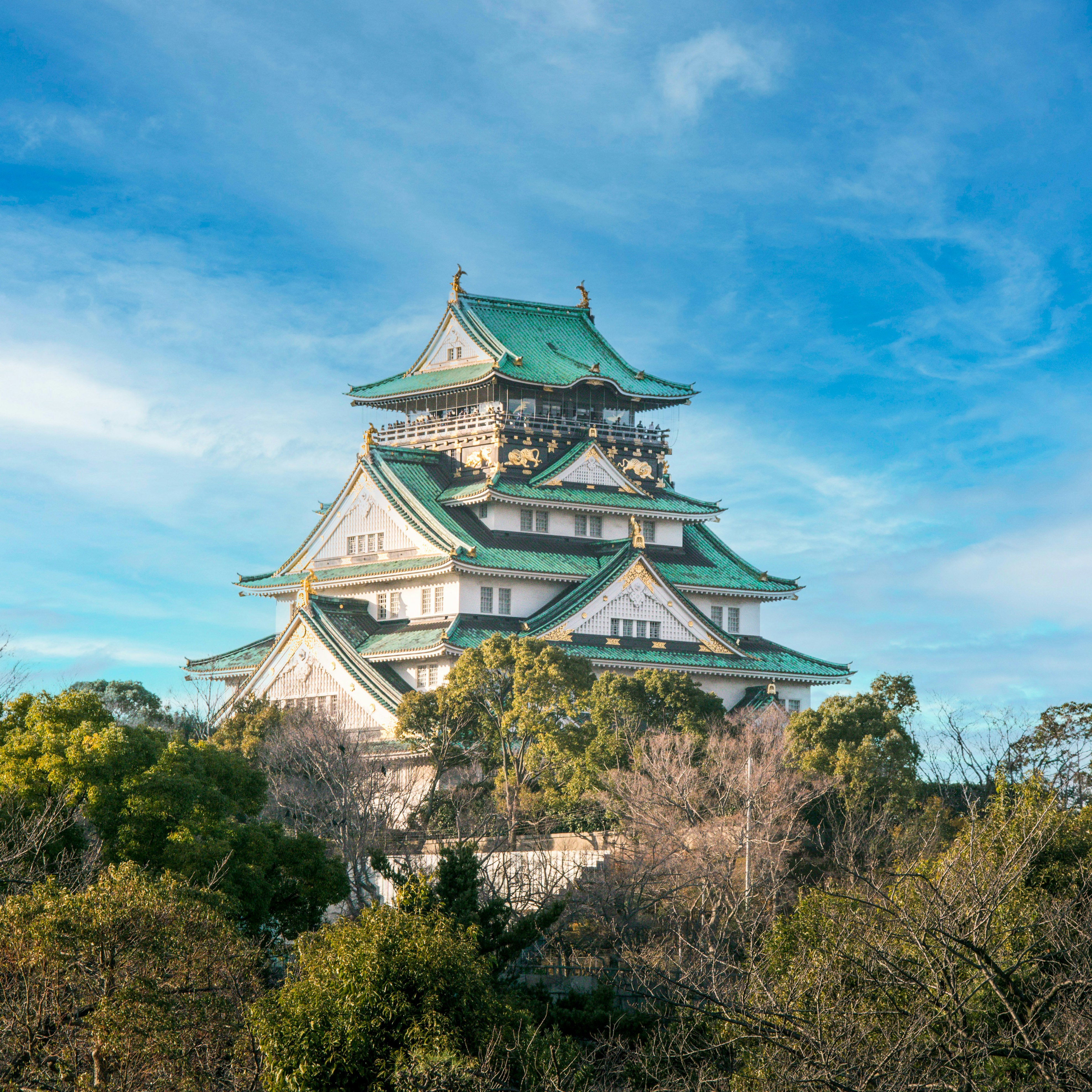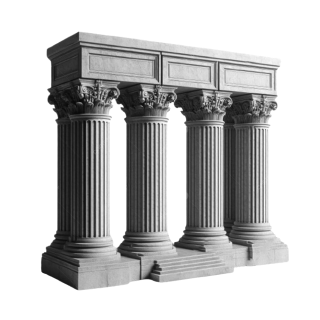This remote mountain shrine originated as a mausoleum for Fujiwara Kamatari (614–69), the patriarch of the Fujiwara clan that would rule court politics for the better part of the next 500 years. The unusual 13-storey wooden pagoda was first built in 678 by Fujiwara's son and last reconstructed in 1532. The main shrine building has an attractive verandah, and autumn, when the maples turn red, is the most popular time to visit.
According to legend, Fujiwara made his first power play when he met the prince who would become Emperor Tenji over a game of kemari (a kind of kickball) at Asuka-dera, an event commemorated by priests playing ball on 29 April and 3 November.
To reach the shrine, take a Tōnomine-line bus from stand 1 outside the south exit of Sakurai Station (¥490, 25 minutes, hourly).





















